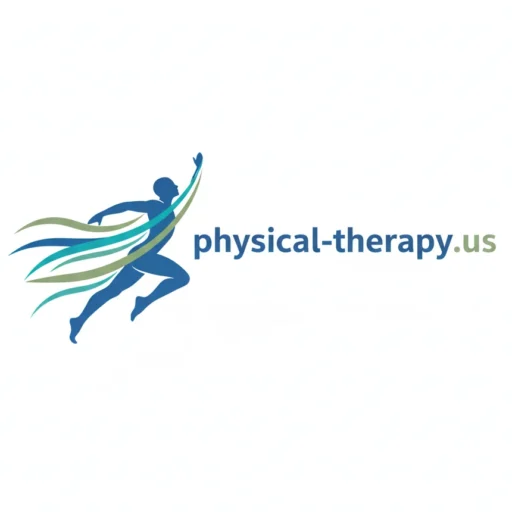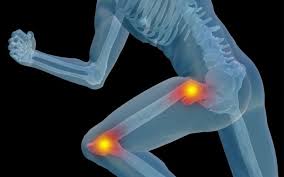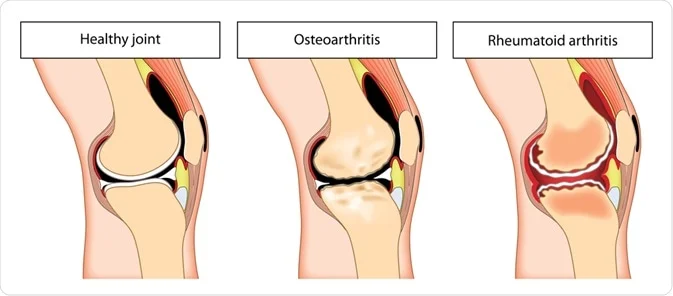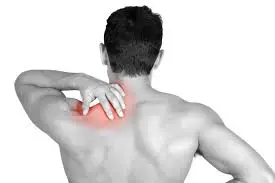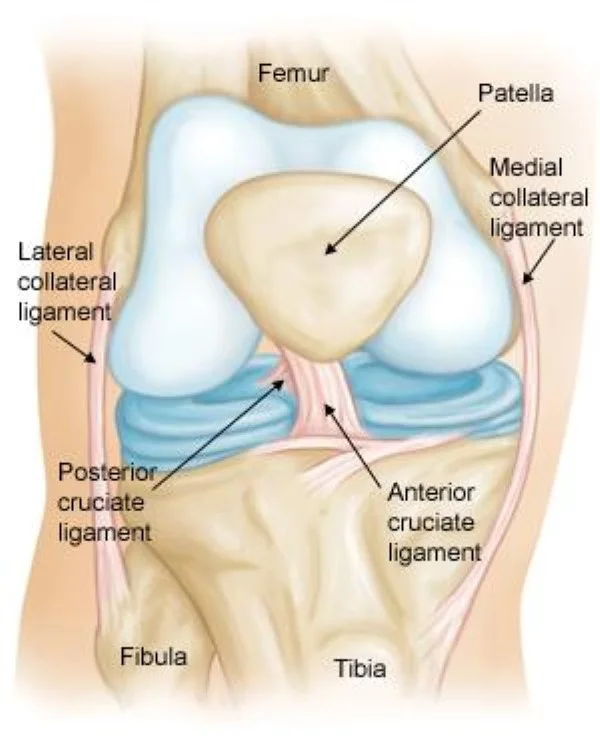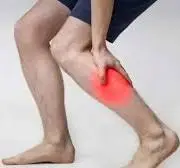Does Hip and Knee Pain Affect Your Heart?
Introduction:
Although hip and knee pain are frequently linked to injuries, arthritis, or joint issues, their effects can go beyond simple mobility issues. According to new research, chronic pain in the joints may affect more aspects of general health, such as the cardiovascular system.
Even while they might not seem related, restricted mobility, inflammation, and lifestyle modifications caused by chronic joint pain may eventually have an impact on heart health. In order to manage joint and cardiovascular health in a more understanding manner, it is imperative to understand this connection.
You are probably well aware of how mobility is impacted by hip and knee pain, particularly if you wish to exercise. Rheumatoid arthritis (RA) patients who have knee and hip pain are more likely to die young.
Achy joints and muscles are common among older folks, but if they become so bad that you have to stop exercising, you should know that your life is in danger. You might be thinking about having total joint surgery if your knee or hip pain is moderate to severe. In addition to pain alleviation, there are other advantages if you choose to get the operation. Here’s how:
- Stress and despair are lessened by the replacement surgery’s pain alleviation. Heart disease is frequently caused by these two variables.
- Non-steroidal anti-inflammatory medicines, which are linked to heart issues, are less necessary after joint replacement.
- The capacity to engage in physical activity improves following joint replacement. It has been demonstrated that exercise lowers the risk of heart attacks and enhances general health.
According to studies, persons with osteoarthritis who had this procedure have fewer heart problems. Maintaining your mobility and level of activity is crucial, regardless of whether you decide to have joint replacement surgery for arthritis or hip/knee joint pain.
Your age, sex, and level of knee and hip pain should all be taken into consideration while choosing your physical activities. In addition to reducing arthritis pain, regular exercise also slows down joint deterioration, elevates mood, promotes better sleep, aids in weight loss, and boosts vitality.
Increased Inflammation:
- Atherosclerosis, or the hardening of the arteries, and heart disease are known to be influenced by systemic inflammation.
Mental Health Impact:
- Because chronic pain raises stress hormones like cortisol, it can lead to stress, worry, or depression, all of which are associated with poor heart health.
Conclusion:
Although not directly affecting the heart, hip, and knee pain can indirectly contribute to poor cardiovascular health by increasing inflammation, reducing physical activity, and leading to weight gain. Effectively managing joint pain with exercise, a balanced diet, and the right medical attention is essential for maintaining long-term heart health as well as mobility.
FAQs
How can I tell if my heart is hurting?
Chest pain associated with the heart
A heart attack or another heart problem may cause chest pain that feels like pressure, tightness, agony, squeezing, or aching.
For those who have heart failure, what kind of exercise is most beneficial?
A combination of resistance training and aerobic exercise is typically advised for heart failure, with an emphasis on safe and pleasurable exercises. While resistance training with small weights or bodyweight exercises can assist increase strength, aerobic exercises like walking, swimming, or cycling are also good options. Additionally, flexibility exercises like yoga or tai chi are advised by the British Heart Foundation.
Is walking or resting better for knee pain?
One way to manage pain is to treat it when it occurs. When resting, elevate your knee, use ice to minimize inflammation, and think about applying a compression bandage.
Is it possible to strengthen a weak heart?
Indeed, according to Geisinger Health System, a weak heart can often get better and stronger with early diagnosis and treatment. To improve cardiac function, this may entail medication, lifestyle modifications, and even medical treatments.
Which leg pain has a connection to the heart?
Claudication, or leg pain that goes away with rest after exercise or other activity, may indicate peripheral arterial disease (PAD), a kind of heart disease.
How can knee pain be relieved the quickest?
Use a compression bandage for support, elevate the knee above heart level to limit swelling, reduce weight-bearing activities, and apply ice for 15 to 20 minutes at a time to reduce inflammation.
Is there a connection between hip pain and cardiac issues?
Walking-related hip or leg pain.
A constriction of the arteries may be the source of the pain, which could restrict the amount of oxygen that reaches the area. This symptom is very common in diabetics and may be an early indicator of heart disease.
References:
- Does hip and knee pain affect your heart? (n.d.). https://www.danalbrightmd.com/blog/does-hip-and-knee-pain-affect-your-heart-2230/
- Clinic, C. (2025d, May 7). Is joint pain linked to heart disease? Cleveland Clinic. https://health.clevelandclinic.org/surprising-links-between-joint-pain-and-heart-disease
